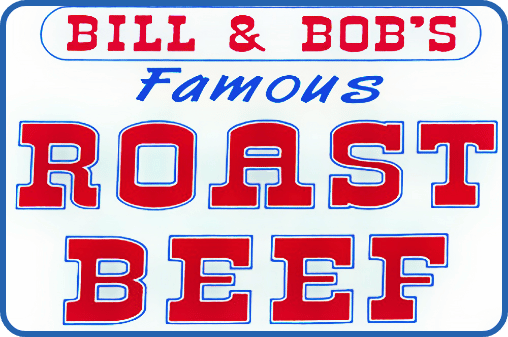Potato chips have found their way into nearly every pantry and snack aisle and have a history as rich and diverse as their flavors. From humble beginnings to global sensation, the creation of potato chips is a tale of innovation, culinary experimentation, and entrepreneurial spirit. Join us on a journey through time and taste buds as one of your favorite roast beef shops uncovers the fascinating story behind everyone’s favorite snack.
The Humble Potato
Our story begins with the humble potato, a tuberous crop that has been a dietary staple for centuries. Originating in the Andes Mountains of South America, potatoes were introduced to Europe in the 16th century and quickly became a vital food source due to their ability to grow in diverse climates and soils.
The Birth of Potato Chips
The exact origin of potato chips is a subject of debate, with multiple theories claiming to be the true genesis of this beloved snack. One popular legend attributes the invention of potato chips to George Crum, a Native American chef working at the Moon’s Lake House restaurant in Saratoga Springs, New York, in the mid-19th century.
According to the story, a customer complained that Crum’s French fries were too thick. In response, Crum sliced the potatoes paper-thin, fried them to a crisp, and seasoned them generously with salt. To his surprise, the customer loved the crispy chips, and thus, potato chips were born.
Early Commercialization
In the late 19th and early 20th centuries, potato chips began to appear in markets and grocery stores across the United States. Initially, they were made by small-scale producers who fried and sold them locally, often in small paper bags or barrels.
One of the pioneers in the commercialization of potato chips was Herman Lay, who founded the H.W. Lay & Company in 1932. Lay’s entrepreneurial vision and commitment to quality helped his brand gain widespread recognition and solidify its place in the snack market.
Technological Advances
As demand for potato chips grew, so did the need for efficient production methods. In the early 20th century, manual slicing and frying processes were gradually replaced by automated machinery. This allowed manufacturers to mass-produce chips at a faster rate.
Advancements in packaging technology also played a crucial role in the expansion of the potato chip industry. The introduction of airtight bags and vacuum sealing techniques helped prolong the shelf life of potato chips. This helped to ensure their freshness and crispness during transport and storage.
Bill & Bob’s Famous Roast Beef Shops
Whether you’re craving something savory or sweet, we can settle your cravings here at one of your favorite roast beef shops. To discover all of our options, check out our online menu or stop by one of our three locations today! Until then, we look forward to seeing you!
Follow us on Facebook for the latest updates, or call one of our three locations today!

